Business Ownership Coach | Investor Financing Podcast — If you are preparing to apply for an SBA 7(a) loan, this guide lays out realistic timelines, the critical steps lenders require, common slowdowns, and practical ways to shorten the process. As a Business Ownership Coach | Investor Financing Podcast host, I walk you through what I see in real-world closings so you can plan better and avoid the usual bottlenecks.
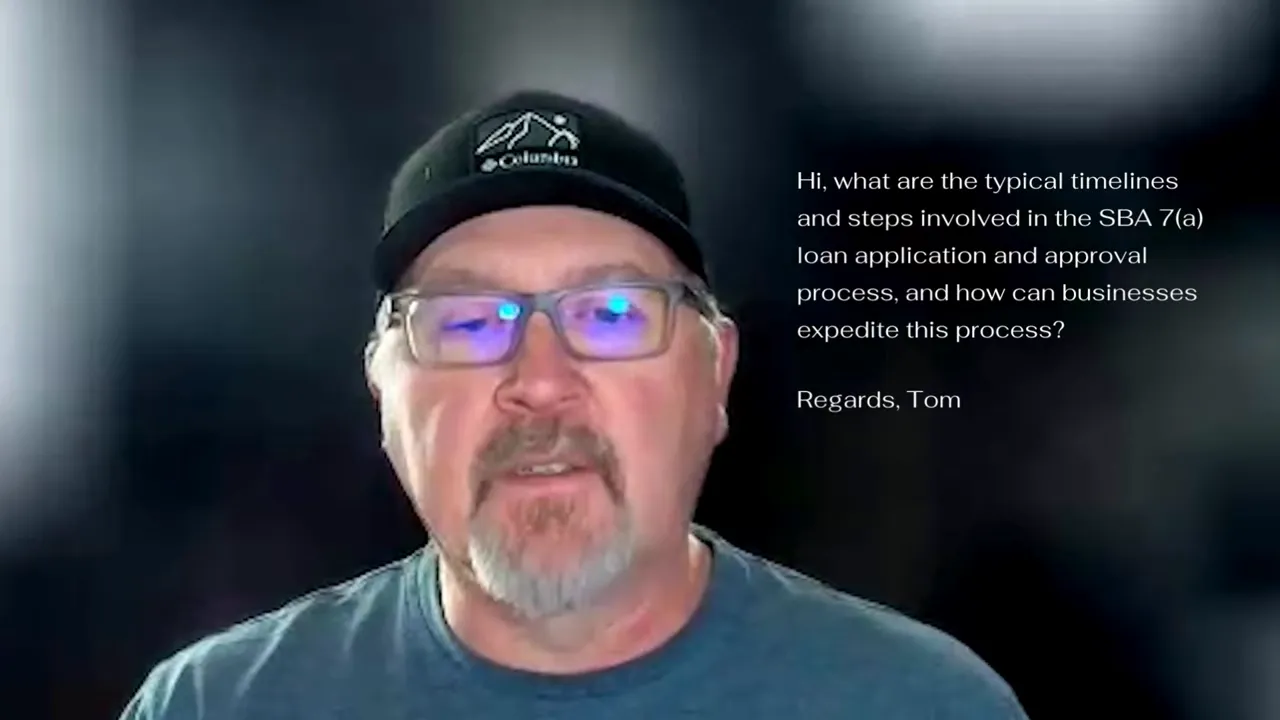
Overview: Typical Timelines for an SBA 7(a) Loan

Most straightforward SBA 7(a) loans for franchise startups or small working capital needs tend to close faster than complex transactions. In many cases you can expect a closing window of about 45 to 60 days from submission to funding. For very simple, small-ticket loans some banks can move in as little as three weeks. These faster timelines are more common for sub $350,000 loans and standardized franchise startup packages.
However, if your loan includes commercial real estate, construction, or significant tenant improvements, plan on a longer timeline. Buildouts, permits, and contractor approvals typically add time. For projects that require substantial improvements, 60 to 90 days is a reasonable expectation. If you are combining SBA programs, such as adding an SBA 504 component, factor in additional underwriting steps and a longer process overall.
As a Business Ownership Coach | Investor Financing Podcast resource, I recommend mapping your timeline conservatively and communicating early with your lender about realistic turn times.
Step-by-Step: What Lenders Review and When
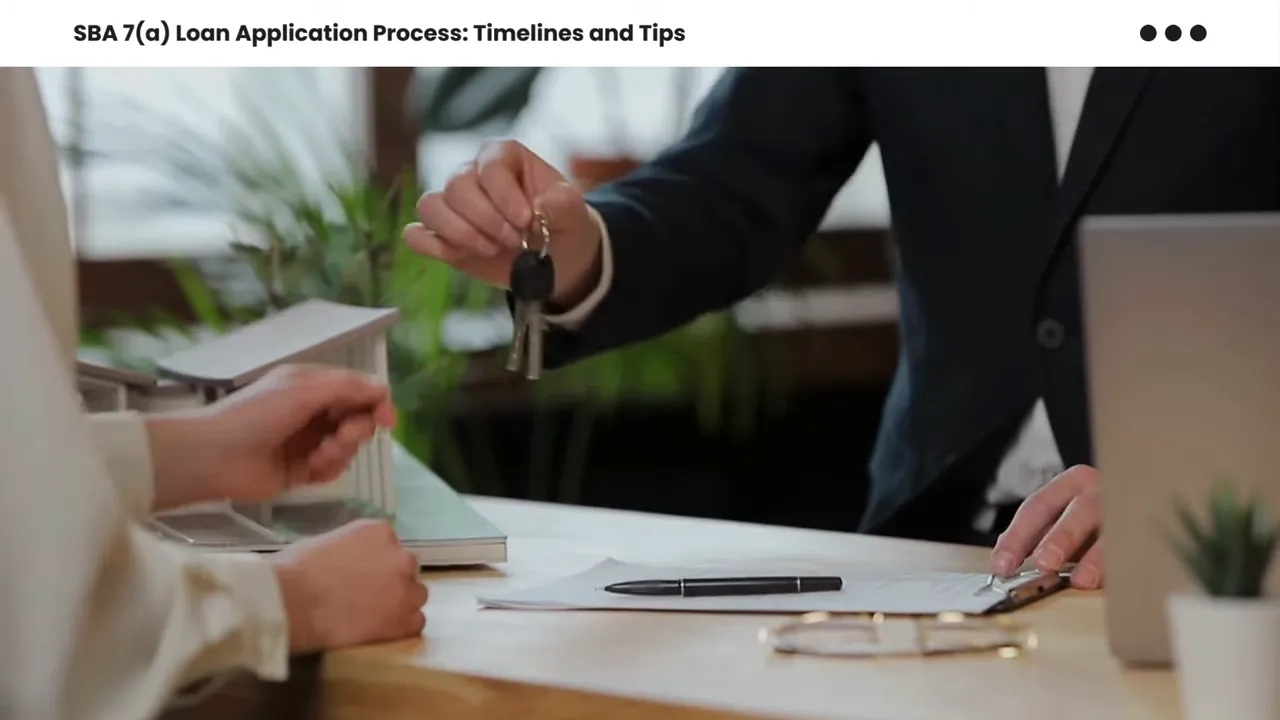
Understanding the lender workflow helps you avoid surprises. Most banks follow these core steps:
- Prequalification and initial application — You provide basic financials, business plan highlights, and loan purpose. This stage establishes that the request meets initial SBA and bank criteria.
- Full file submission — The bank requests tax returns, financial statements, personal financial statements, business valuations or purchase agreements, and any contracts for buildouts or real estate.
- Underwriting and conditions — The underwriter verifies cash flow, collateral, credit, and documentation. They issue a conditional loan commitment outlining any outstanding items.
- Third-party reports and permits — Environmental checks, appraisals, contractor agreements, and permit confirmations are ordered. These often cause delays when contractors or municipalities are slow to respond.
- Closing and funding — Once all conditions are met and documents are signed, the loan closes and funds are disbursed.
Being proactive at each stage makes a big difference. As a Business Ownership Coach | Investor Financing Podcast advisor, I see applicants who gather third-party reports in advance move faster through underwriting.
Common Causes of Delay and How to Anticipate Them
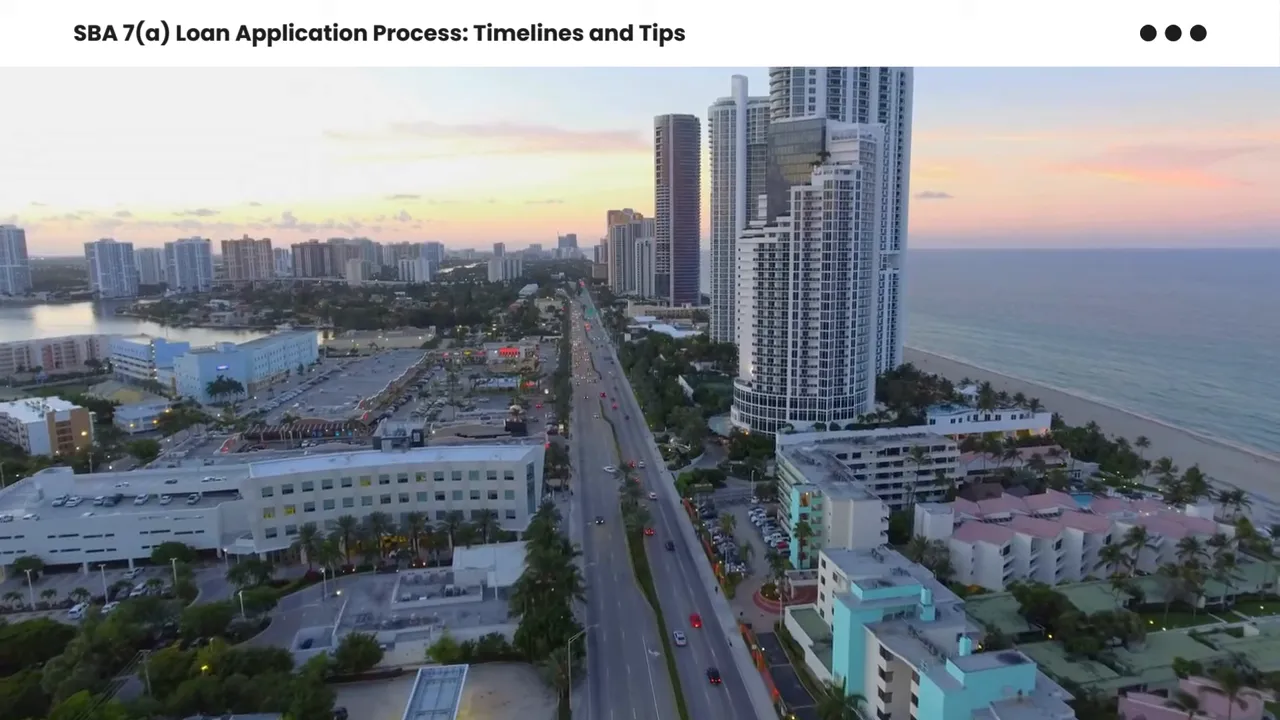
Here are the most frequent reasons SBA 7(a) loans take longer than expected:
- Permits and municipal reviews — Permit timelines vary greatly by jurisdiction. If your project needs inspections or zoning approvals, these can add weeks.
- Contractor documentation and mechanic lien releases — Lenders require verified contractor licenses, contracts, schedules, and often releases of potential liens. Getting all parties to sign and provide proof can be slow.
- Appraisals and environmental reports — Real estate appraisals and Phase I environmental assessments are standard for commercial property. Scheduling and receiving those reports adds time.
- Underwriting capacity — Some banks are extremely efficient and specialize in small-ticket SBA loans, while others are slower due to workload or internal processes. Right now, demand is strong and many banks are busier than usual.
If you are managing a timeline, build buffer time for each of these items. Communicate with contractors and local permitting offices as early as possible to reduce uncertainty. The role of a Business Ownership Coach | Investor Financing Podcast consultant is often to coordinate these moving parts so you can hit your target close date.
504 vs 7(a): Why Combining Programs Can Slow Things Down

The SBA 504 program involves two separate underwriting processes: one through a Certified Development Company and another through a lender for the conventional portion. That dual underwriting is why combining 7(a) and 504 or opting for a 504 structure typically takes longer than a standard 7(a) loan alone.
When real estate acquisition or major fixed asset purchases are part of the plan, 504 can be attractive for lower down payments or favorable amortization. Just be aware that you trade time for structural advantages. If speed is essential and the amount is under certain thresholds, a streamlined 7(a) product may be preferable.
My work as a Business Ownership Coach | Investor Financing Podcast facilitator often includes helping clients weigh the timing tradeoffs between the different SBA programs and match financing structure to growth objectives.
Practical Steps to Expedite Approval
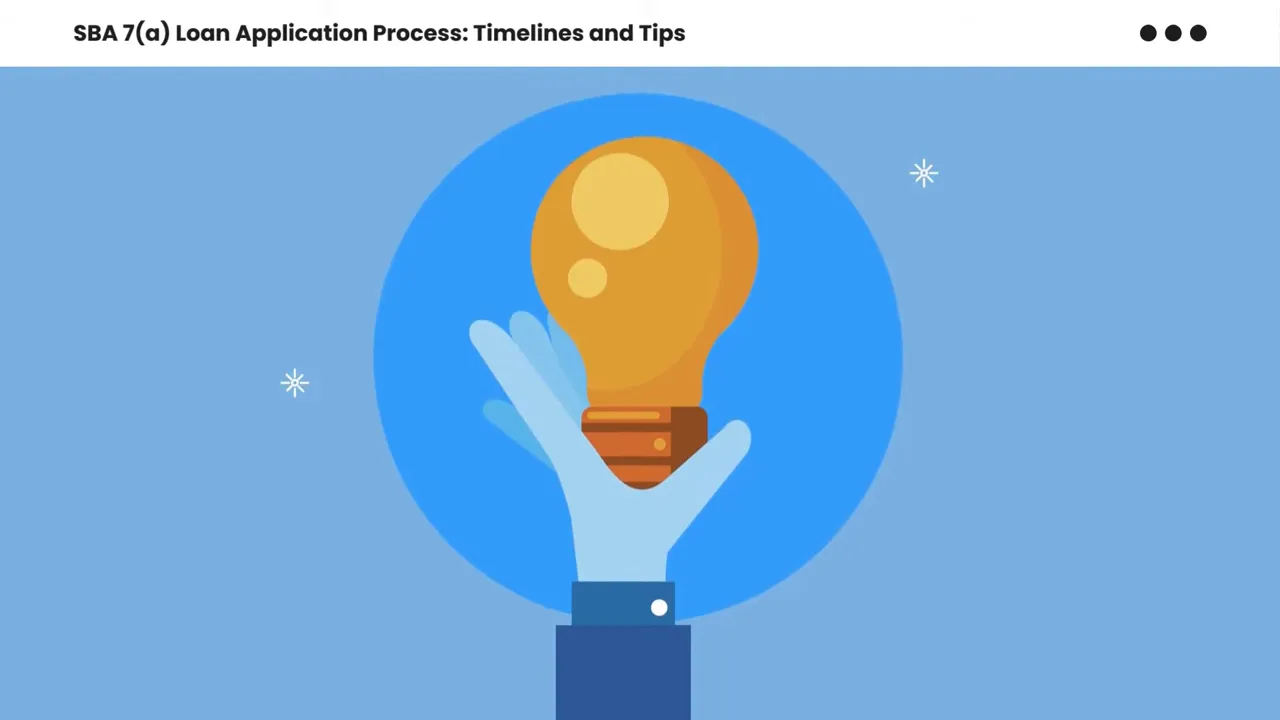
There are several actions you can take to shave days or weeks off your timeline:
- Work with banks that specialize in the loan size and deal type — Some banks handle a high volume of franchise startups and sub $350,000 loans very efficiently. Choosing the right bank reduces back-and-forth and speeds underwriting.
- Prepare third-party reports early — Order appraisals, environmental reviews, and contractor documentation as soon as terms are near final. Early ordering avoids scheduling delays.
- Have complete and organized financials — Personal and business tax returns, up-to-date profit and loss statements, and clear projections allow underwriters to move quickly.
- Coordinate contractors and lien releases — Push contractors for timely signatures, insurance certificates, and releases. Confirm their timelines and hold periodic check-ins.
- Set clear expectations with your lender — Ask: what is a full-file turnaround time, what internal steps must occur, and what conditions typically extend a file? Knowing the lender process helps you anticipate and remove obstacles.
Applying these tactics lowers friction and demonstrates to underwriters you are organized and committed. In many cases this is the difference between a 60-day close and a 45-day close. I recommend thinking of your lender as a partner; asking the right questions and keeping the pipeline fed will keep momentum.
The Importance of Due Diligence and Why Lenders Take Time
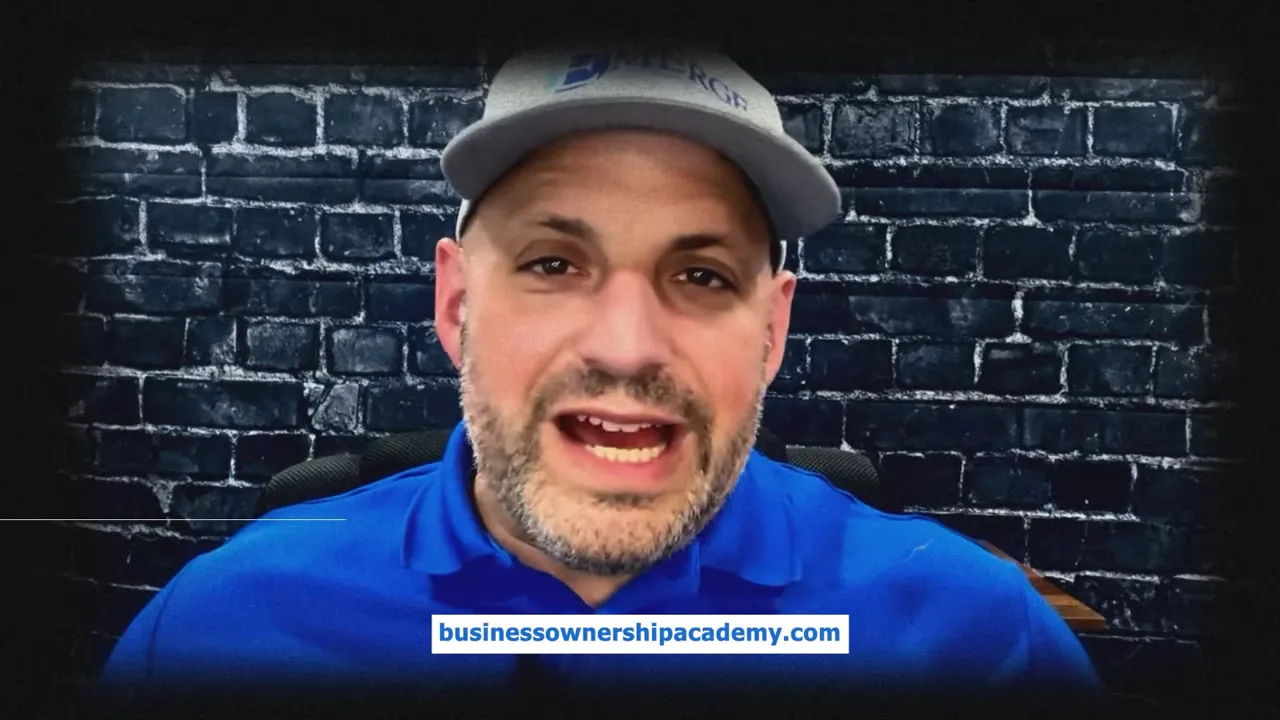
Lenders are making prudential decisions. They are not trying to be difficult; they are protecting themselves and ensuring compliance with SBA guarantees. Thorough due diligence, properly documented collateral, and accurate financial representations are required so the SBA will back the loan in the event of default.
Bank underwriting is very process-driven. Underwriters need to ensure that if a loan defaults, the paper trail and compliance will allow the lender to recover under the government guarantee. That is why you will see checklists and conditions—these are not arbitrary. They are there to make sure everyone gets what they need to protect capital and comply with SBA regulations.
Working with a Business Ownership Coach | Investor Financing Podcast advisor who understands what underwriters expect can reduce revision cycles and improve your chances of a smooth, timely closing.
Practical Checklist Before Submitting Your Full File

Before you hand over a full application package, ensure you have:
- Complete and signed personal financial statements for principals
- Business tax returns for the last two to three years and recent interim financials
- Projections and a clear use of proceeds memo
- Purchase agreement, franchise agreements, or tenant improvement contracts as applicable
- Proof of contractor licensing, insurance, and notarized lien releases where required
Submitting a complete and organized package will reduce lender questions and shorten underwriting time. Counting on the assistance of a Business Ownership Coach | Investor Financing Podcast specialist can help you verify that the file is complete before submission.
Next Steps: Community Support and Ongoing Learning

Beyond the loan mechanics, many business owners benefit from peer learning and practical case studies. Joining a community focused on business ownership and financing can give you access to bankers, operators, franchise leaders, and investors who share playbooks and timelines.
As a Business Ownership Coach | Investor Financing Podcast host, I encourage entrepreneurs to seek out groups that provide real deal walkthroughs, lender Q and A sessions, and contractor coordination tips. These communities accelerate learning and can help you avoid costly timing mistakes.
“Plan for realistic timelines, align your contractors and permits early, and choose a bank that matches your deal type. That combination shortens the path to funding.” — Practical lending advice from a Business Ownership Coach | Investor Financing Podcast approach.
Final Thoughts and Action Plan

To recap, expect 45 to 60 days for most standard SBA 7(a) loans, and 60 to 90 days or longer when real estate and major buildouts are involved. If you keep documents organized, order third-party reports early, coordinate contractors for lien releases and permits, and work with a bank experienced in your deal type, you can significantly reduce friction.
If you want a pragmatic partner to help you navigate the process, consider engaging resources that specialize in franchise startups, SBA 7(a) and 504 structures, and commercial deals. The right guidance makes the timeline predictable and manageable. As always, a Business Ownership Coach | Investor Financing Podcast perspective is to focus on small daily steps that move the transaction forward.
Ready to move forward? Prepare your checklist, align your contractors, and speak with a lender familiar with your deal type. Keeping everyone informed and coordinated is the best way to hit your target close date.
